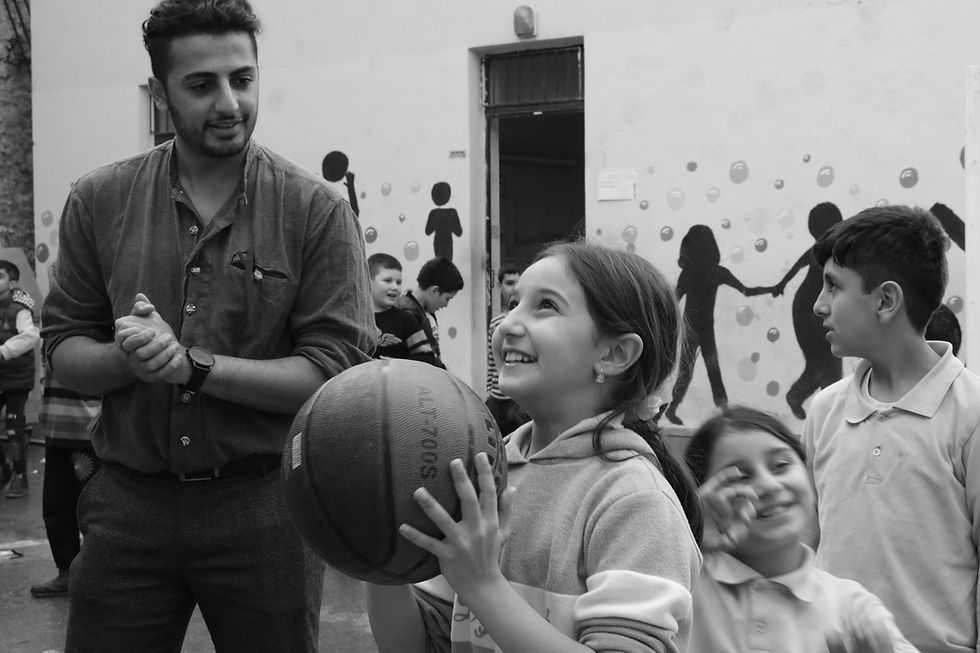6 Ways for Sports Teams to Develop Mental Toughness
- Anant Patni

- Jan 15, 2023
- 2 min read
Mental toughness is a crucial component of peak performance in sports. It refers to an athlete's ability to maintain focus and concentration, overcome obstacles and setbacks, and perform at their best under pressure. As a coach or an athlete, developing mental toughness is essential for achieving success in your sport. In this blog post, we will explore some strategies and best practices that can help you to develop and maintain mental toughness.

1. Establish a pre-performance routine
Having a pre-performance routine can help to focus the mind and prepare the body for competition. This routine can include visualization techniques, breathing exercises, and other mental preparation techniques. Encourage your athletes to develop their own pre-performance routine that works best for them. This routine should be specific to each athlete and should be practiced consistently to make it an automatic response when it is needed.
2. Learn to manage stress
Stress is a normal part of life and competition, but excessive stress can be detrimental to performance. Encourage your athletes to learn how to manage stress through techniques such as progressive muscle relaxation, yoga or meditation. Stress management techniques can also help athletes to better handle pressure during competition.
3. Develop a positive attitude
A positive attitude can help to overcome the challenges and setbacks that are an inevitable part of sports competition. Encourage your athletes to develop a positive attitude by focusing on the process rather than the outcome and by learning from mistakes. One way to develop a positive attitude is through positive self-talk, which is the process of speaking positively to oneself.
4. Encourage goal setting
Setting goals can help to focus the mind and provide a sense of direction. Encourage your athletes to set specific, measurable and achievable goals. Help them to break down their long-term goals into smaller, more manageable goals that can be achieved in the short-term. Goals should be set for both the short-term and long-term, and should be reviewed and updated as needed.
5. Teach resilience
Resilience is the ability to bounce back from setbacks and challenges. It is a crucial component of mental toughness. Encourage your athletes to develop resilience by teaching them to view failures as growth opportunities and to never give up.
6. Foster a positive team culture
A positive team culture can help to boost the motivation and confidence of your athletes, and build a sense of camaraderie and support, which can be crucial during tough competition.
Mental toughness is not something that can be developed overnight. It takes consistent effort and practice to achieve and maintain it. By using these strategies, sports coaches and athletes can develop and maintain mental toughness, which is essential for peak performance. Remember that mental toughness is not only about handling pressure, it's also about having the ability to focus, learn, and grow from mistakes.
Thank you to all coaches for your continuous dedication and hard work in developing mental toughness in your athletes. Keep up the great work!



Comments